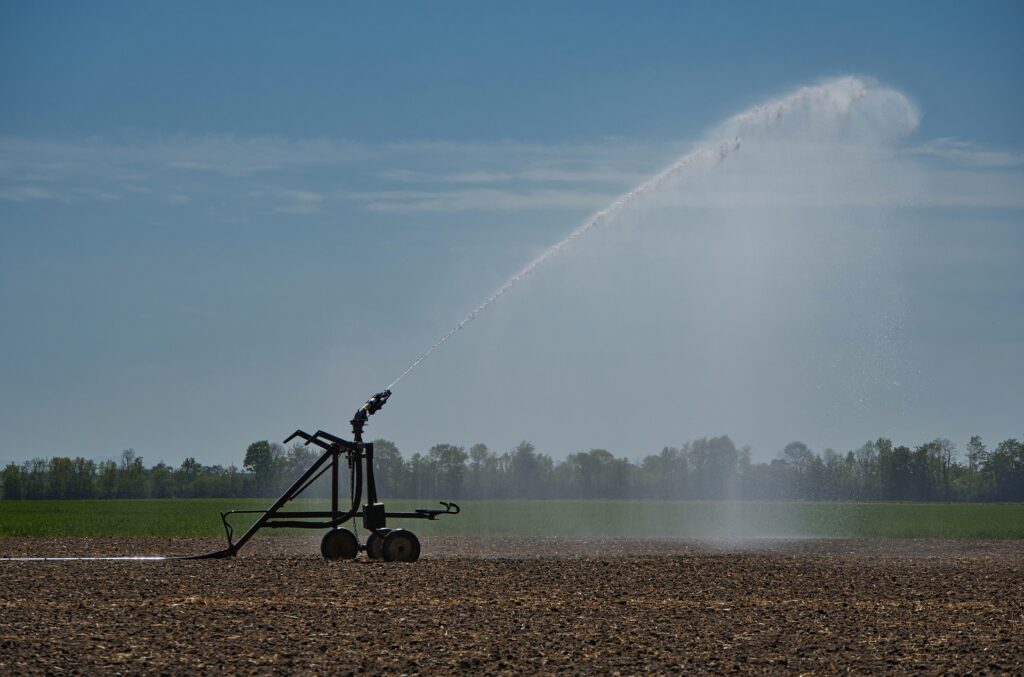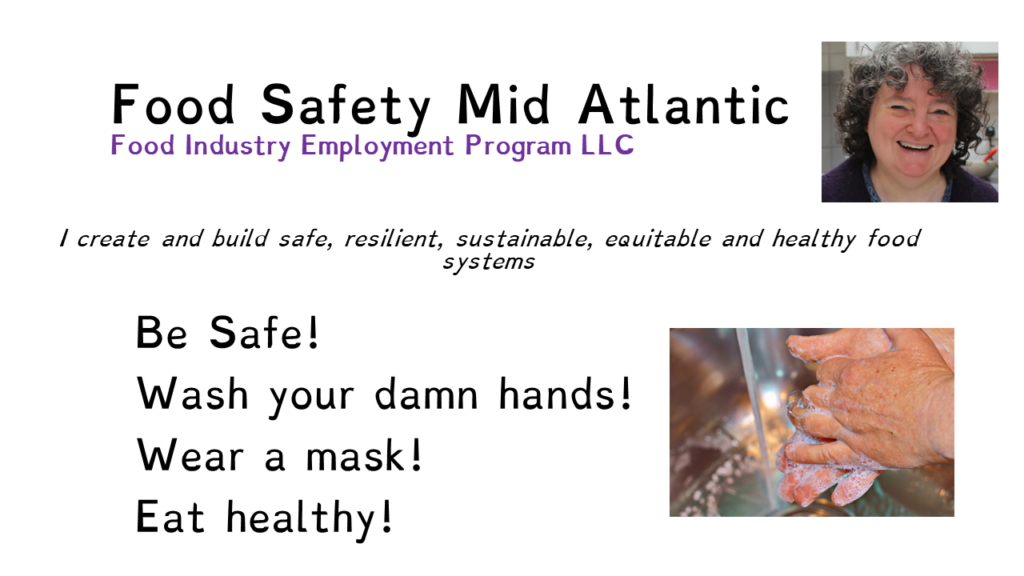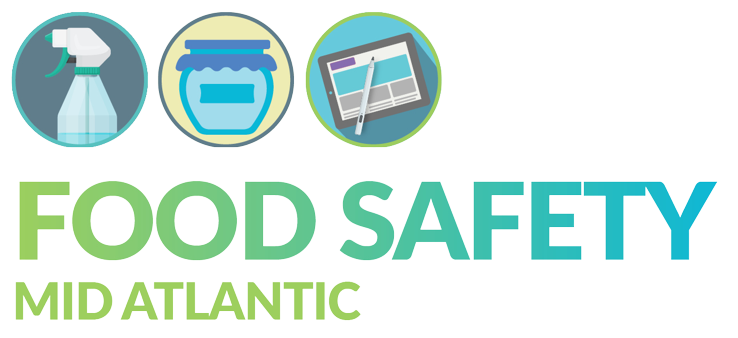What people eat, and how that food is produced, not only affects their health, but also has major ramifications for the state of the environment and for climate change.
FAO 2020 State of Food Security and Nutrition
The truth of this quote was apparent when reading both of the FAO’s 2020 reports on the state of the food system.
Access to Water

In the State of Food and Agriculture report, the emphasis was on water scarcity and access. Without clean, fresh water we cannot survive and yet 3.2 billion people, mostly in Asia and Africa live in agricultural areas with high or very high water shortages or scarcity. Water shortages are exacerbated by population growth, rising incomes, and urbanization especially because dietary changes towards more animal protein uses more water. Water shortages cause more competition between those that need it, which leads to more conflict. This in turn causes more food insecurity.
Hunger Increases
The State of Food Security and Nutrition report showed that the number of people affected by hunger continues to slowly increase with 60 million more people undernourished than there were in 2014. Undernutrition is caused by conflict exacerbated by climate-related shocks, economic slowdowns with issues of food access especially for the poor, and COVID-19. The pandemic may, in the long term, lead to 83-132 million MORE people becoming undernourished in 2020. Food insecurity also means that people are more likely to eat cheap food such as cereals, roots, tubers and plantain. More expensive food (meat, dairy, fruit and vegetables) are luxuries for special occasions. Poor diets are the main contributor to the multiple burdens of malnutrition: Childhood stunting and wasting, micronutrient deficiencies, overweight and obesity. Both undernutrition early in life and overweight and obesity are significant risk factors for non communal diseases such as heart disease, diabetes, stroke and cancer.
So what can we do?
While there is no “one size fits all” when it comes to water, food security and health, we need a more transparent food system especially around externalities such as water usage. Sustainable agricultural practices such as those practiced by smallholders and indigenous people allows us to water harvest and use good water conservation techniques, such as intercropping, and grow nutritionally dense crops. As food scientists and food entrepreneurs we must be more transparent in our water usage and in using “everything but the squeal” when it comes to our ingredients.
If you are concerned about building a sustainable food system with better sourcing of ingredients and less waste, book a call today so we can explore your options.


Excellent read! Your blogs are always so well thought out and informative